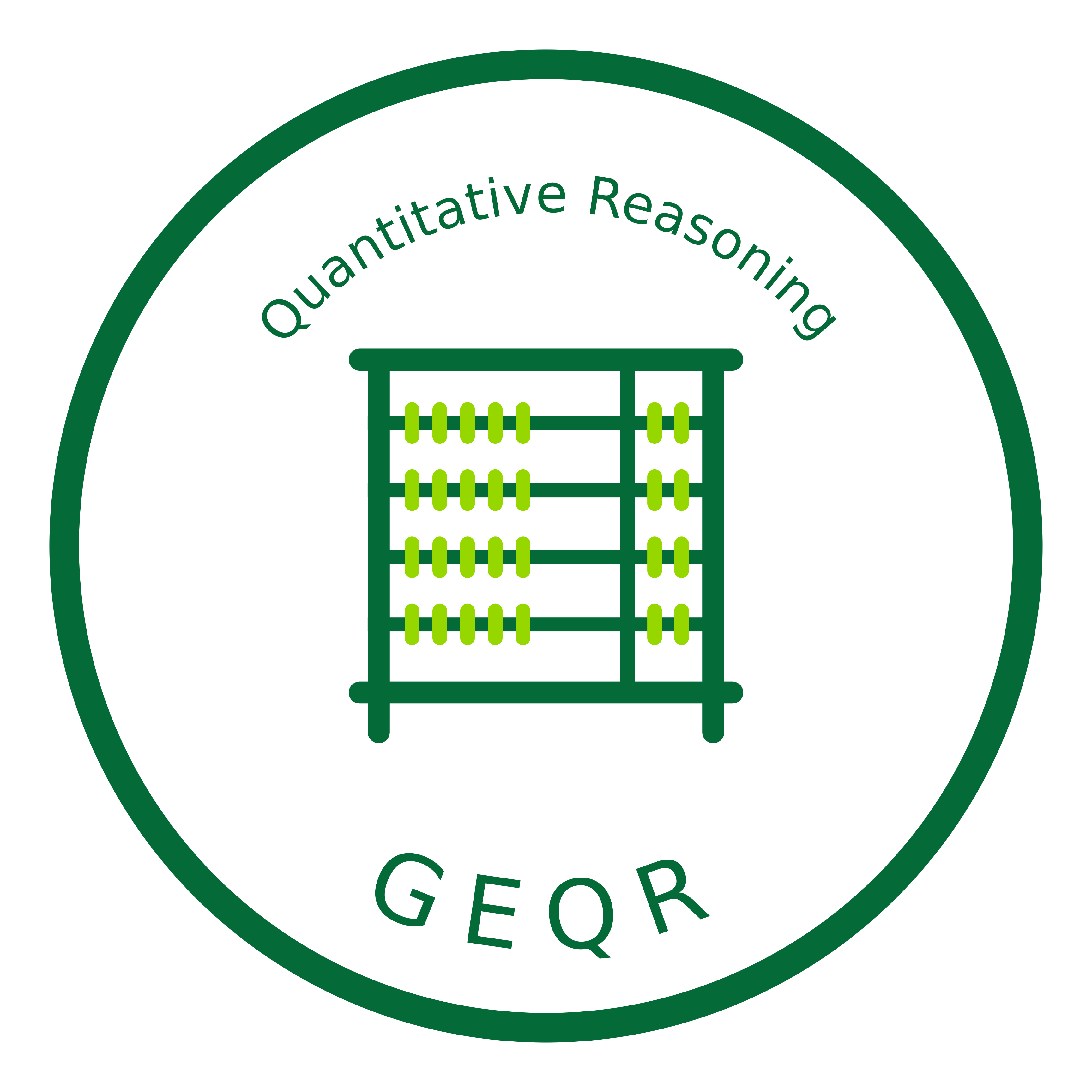2021-2022 Undergraduate Catalog This is not the most recent catalog version; be sure you are viewing the appropriate catalog year.
|
ECON 202 - Principles of Microeconomics [GEQR or GEKS]
The second half of an introduction to basic principles of economics. Emphasizes microeconomic concepts of demand, supply, and problems relating to prices and resource allocation.
Credit 3 hrs May not be repeated for additional credit
Grade Mode Normal (A-F) Course Rotation
Prerequisites - Level 3 Math Placement , any “MATH” course (098-499) with a “C” or higher , or any “STAT” course (100-499) with a “C” or higher
Other Restrictions -
Restriction by Major -
Restriction by Class - Undergraduate standing
Additional Information - Students may receive credit in ECON 100 , ECON 201 , and ECON 202. Only ECON 100 or ECON 201/202 can be used to satisfy the requirements of any university Major/Minor, not both.
 
ECON 202 can be used to satisfy the Quantitative Reasoning (GEQR) or the Knowledge of the Disciplines Social Sciences (GEKS) requirement, not both. Students are reminded that ECON 201 can also be used to satisfy the GEQR or GEKS requirements. Therefore, students who take the ECON 201-202 sequence can satisfy both categories.
Rationale for Quantitative Reasoning - Principles of Microeconomics (ECON 202), allows students to satisfy part of the Quantitative Reasoning (QR) requirement of the General Education program. In this course, students first learn individuals allocate their resources when they face scarcity, and how the optimal allocation is being affected by the changes in the prices and budget. In doing this, students will learn how the numbers can be organized and presented in data tables and figures, and how to understand and interpret them. Students then learn an economic model (a theory) that explains the essence of optimization, in other words, how individuals maximize their utility. This economic model is presented using mathematical techniques, such as graphs and algebra, which help students to visualize and understand the concepts. This mathematical approach requires clarity about the simplifying assumptions on which the model rests, and which limit its applicability. Finally, the model will be used by students to explore one of the most basic microeconomic problems, how individuals make decisions.
Rationale for Knowledge of the Disciplines - Economics is one of the fundamental social sciences because it systematically investigates the economic relationships and interactions among people living in a society. Students in the course acquire a basic understanding of both the subject of economics and the approach used by economists in their study of economic questions. Thus, students learn about both the content and the methodology of economics. The contemporary international economic environment is characterized by globalization and competition. This reality confronts the USA and its people with a number of economic challenges and opportunities. Economics 202 presents students with an opportunity to read about, think about and discuss these issues. In discussions and exams students are asked to apply their developing knowledge of the content and methodology of economics to an analysis of a variety of economic problems, as well as to an evaluation of government policy measures designed to respond to these problems.
Keywords: Economics , GEQR , GEKS
Updates: Approved for GEQR 5/2021, effective Fall 2021; Prerequisites updated 12/2018, effective Summer 2019
Class listings and details page
|